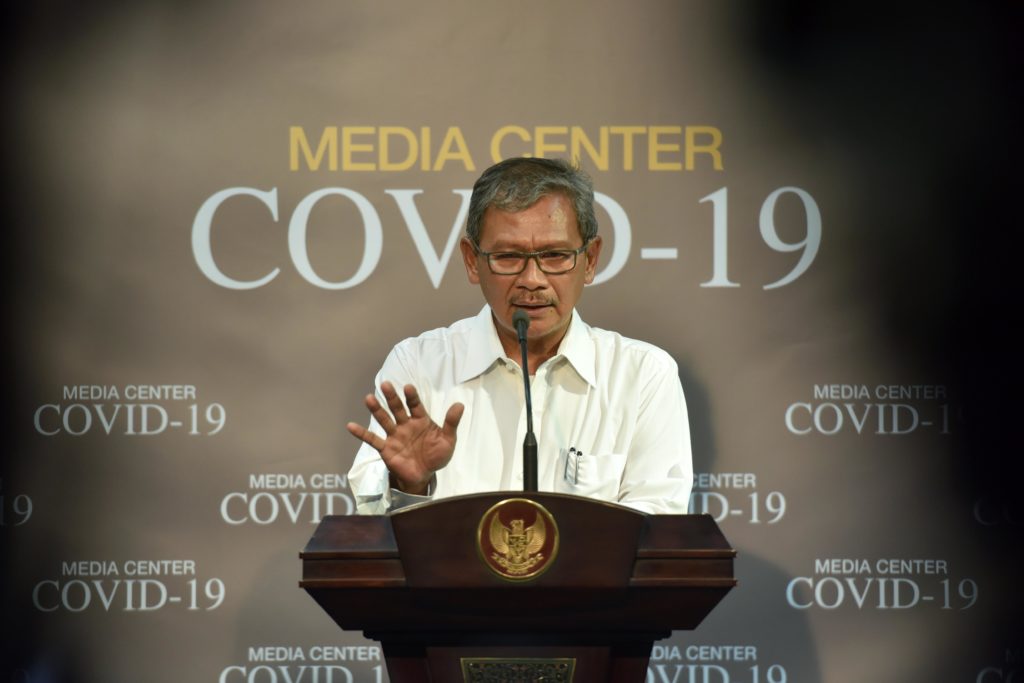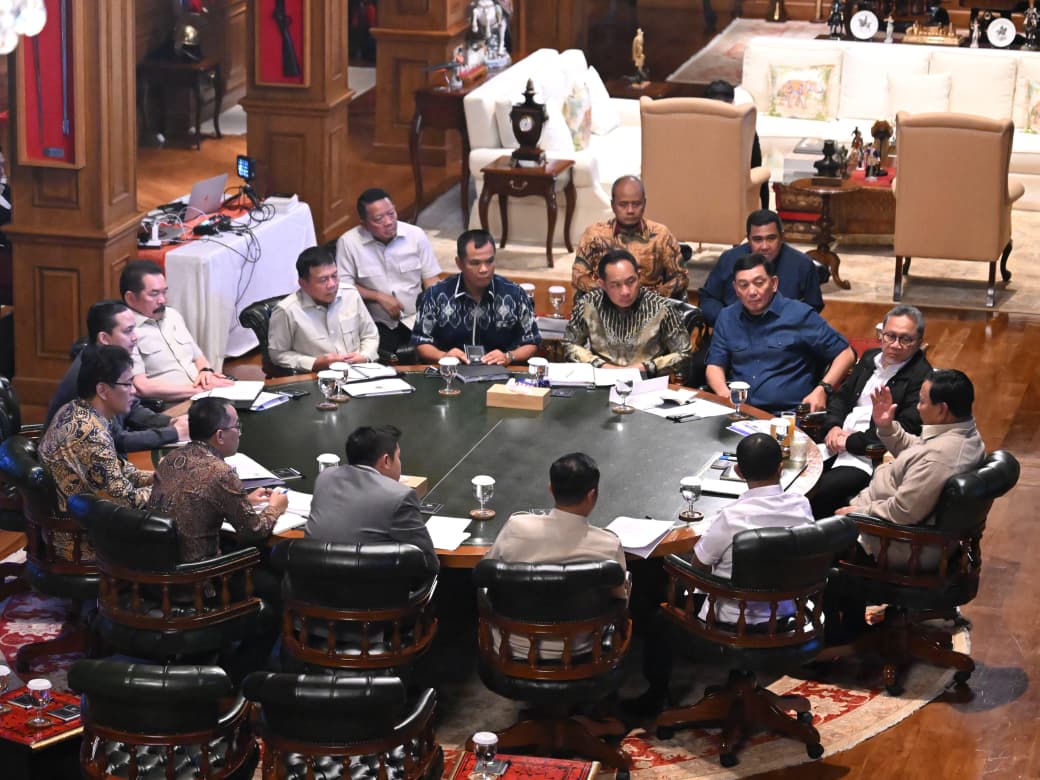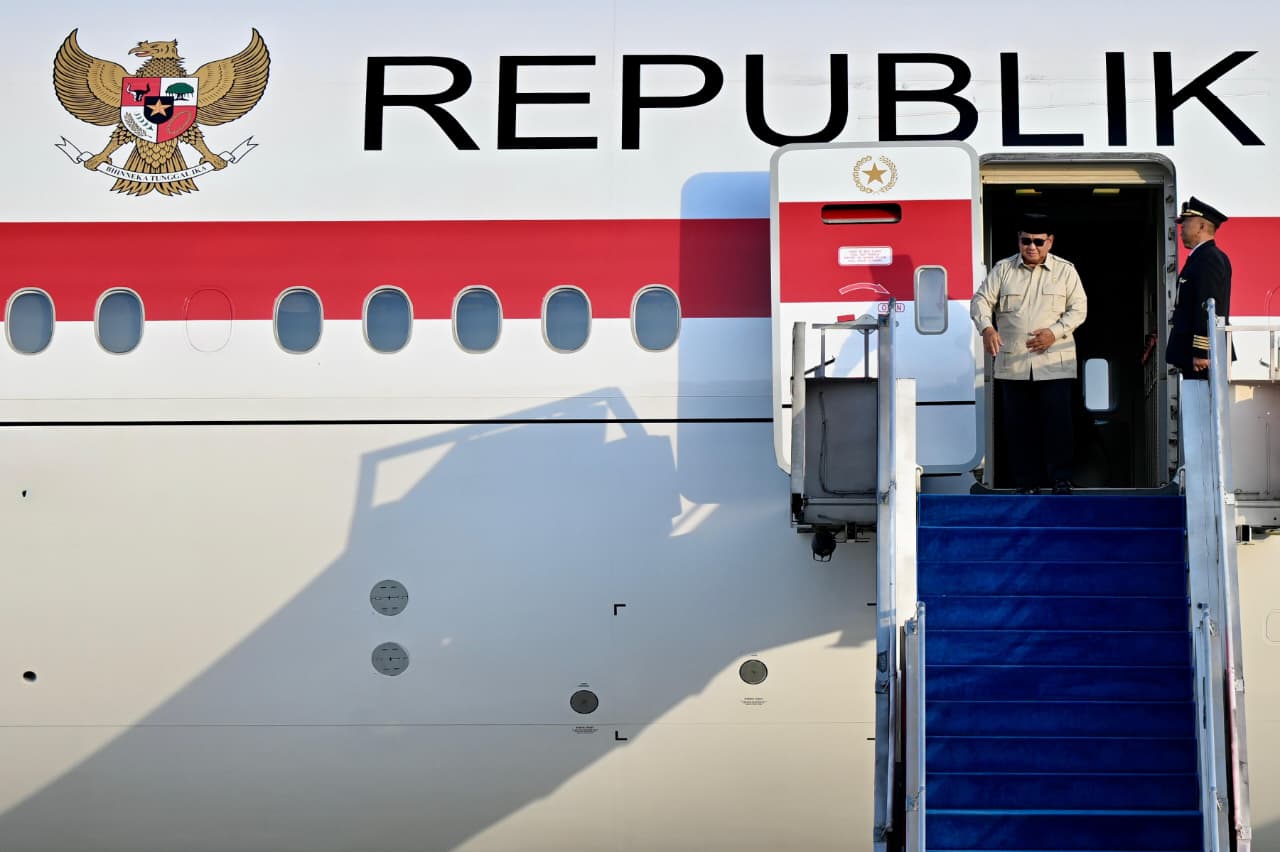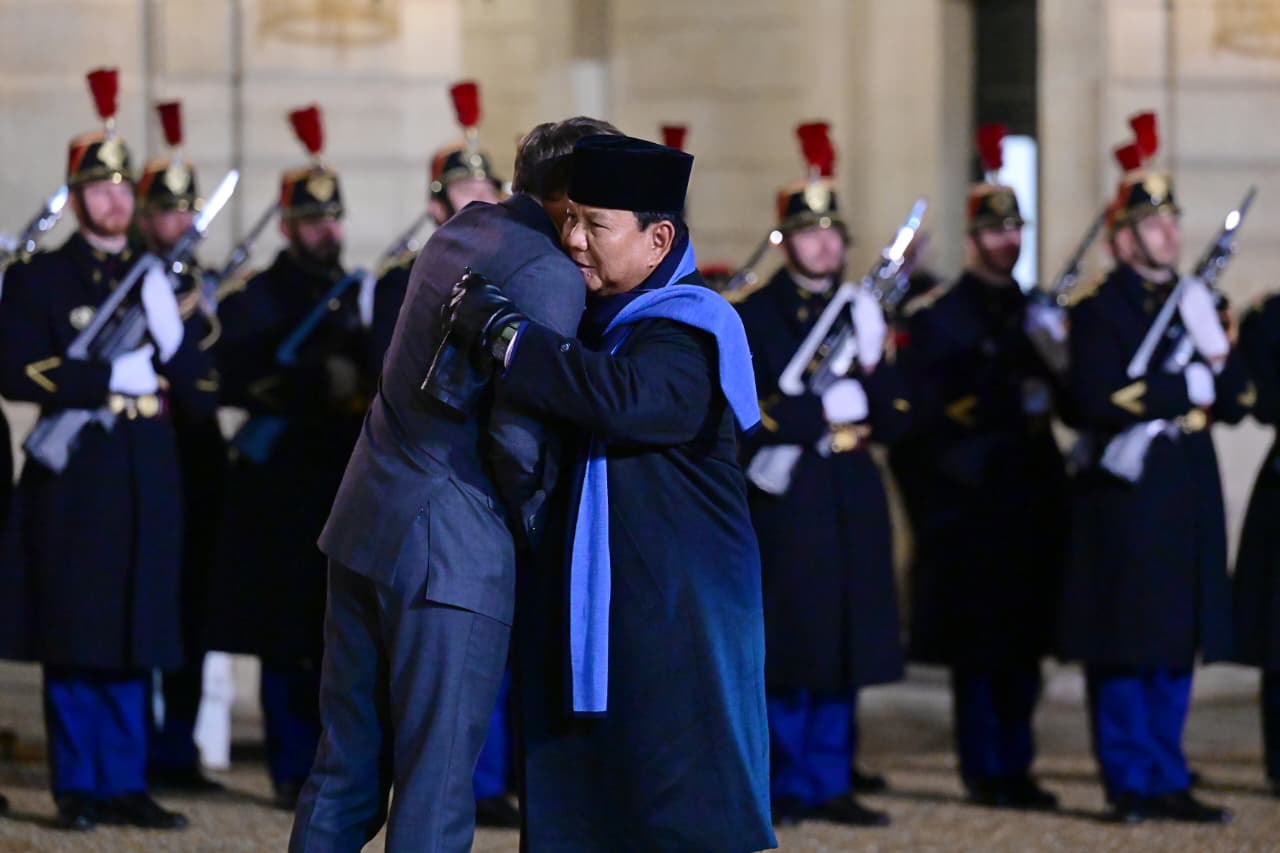Rapid Test Prioritized for Victims’ Family, Health Workers: Gov’t Spokesperson

Spokesman of Covid-19 Achmad Yurianto (Photo by: Archives of Cabinet Secretariat)
The Government has announced that rapid tests are prioritized for families of the victims and health workers susceptible to covid-19 infection.
“We’ve carried out rapid tests in the past a few days and we carry out the test by using antibody examination method with swabs, smears, strokes carried out in the back wall of nasal cavity or oral cavity, not a direct examination on the virus which is antigen-based,” the Government’s spokesperson for covid-19 outbreak management – Achmad Yurianto has said in Jakarta, Tuesday (24/3).
For rapid test method, Yuri continued, preliminary screening for positive cases in the society has been conducted.
“We are examining antibodies in the blood so the specimens taken are blood, not throat smears. It is hoped that through this examination, we will be able to detect positive cases,” Yurianto said, adding that if the results are negative, there is no guarantee that the person is not infected.
The person, he added, could be infected in early stages because the antibodies have not yet formed.
It takes 6-7 days for the formation of antibodies which we can then identify as positive case, Yurianto added.
As for negative result, Yuri continued, the examination will be repeated after ten days, while hoping that the antibodies have formed and can be identified.
“If the two examinations show negative, this means the person is not infected by the virus. It also means that there are no antibodies in the body and the person is vulnerable to be exposed by the virus if he/she ignores efforts to prevent transmission,” he said.
If the results are positive, Yurianto said that it will be followed up with an antigen examination through a swab check and with a polymerase chain reaction (PCR) test.
“We have to understand that although the first examination is negative, we appeal to the public to practice physical distancing to cut transmission,” he said, adding that for those confirmed positive, they are asked to conduct self-isolation at home.
Region-based examinations, according to Yurianto, will be carried out once more cartridge kits are received. For example, South Jakarta area which has been identified and mapped will become a priority.
The tests will then be conducted in all health facilities in the regions, including community health centers, health laboratories, and government and private hospitals, he added.
“This is the sequence of protocols that we will do related to provision of health services,” he said, adding that the Government has distributed 125,000 rapid test kits in 34 provinces. Those kits will be for contact tracing and health workers, he said.
“A large number of kits will be distributed in areas where the cases are found and potential areas for the emergence of transmission,” Yurianto said. (UN/EN)
Translator: Muhardi
Reviewed by: M. Ersan Pamungkas








